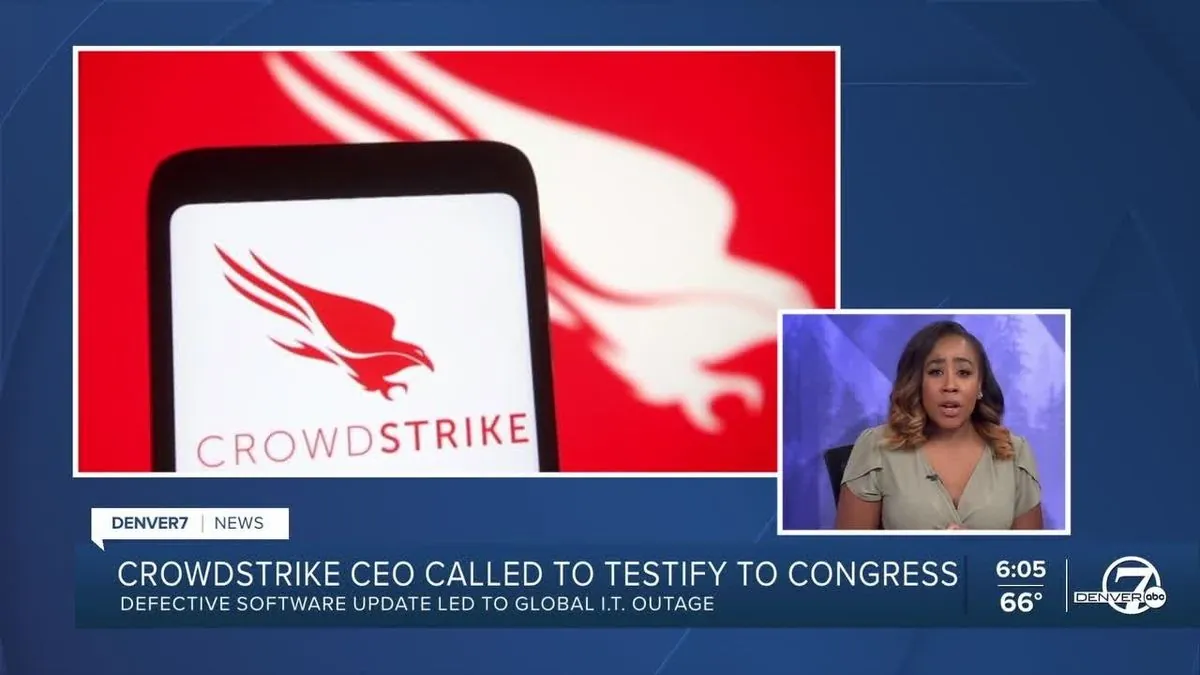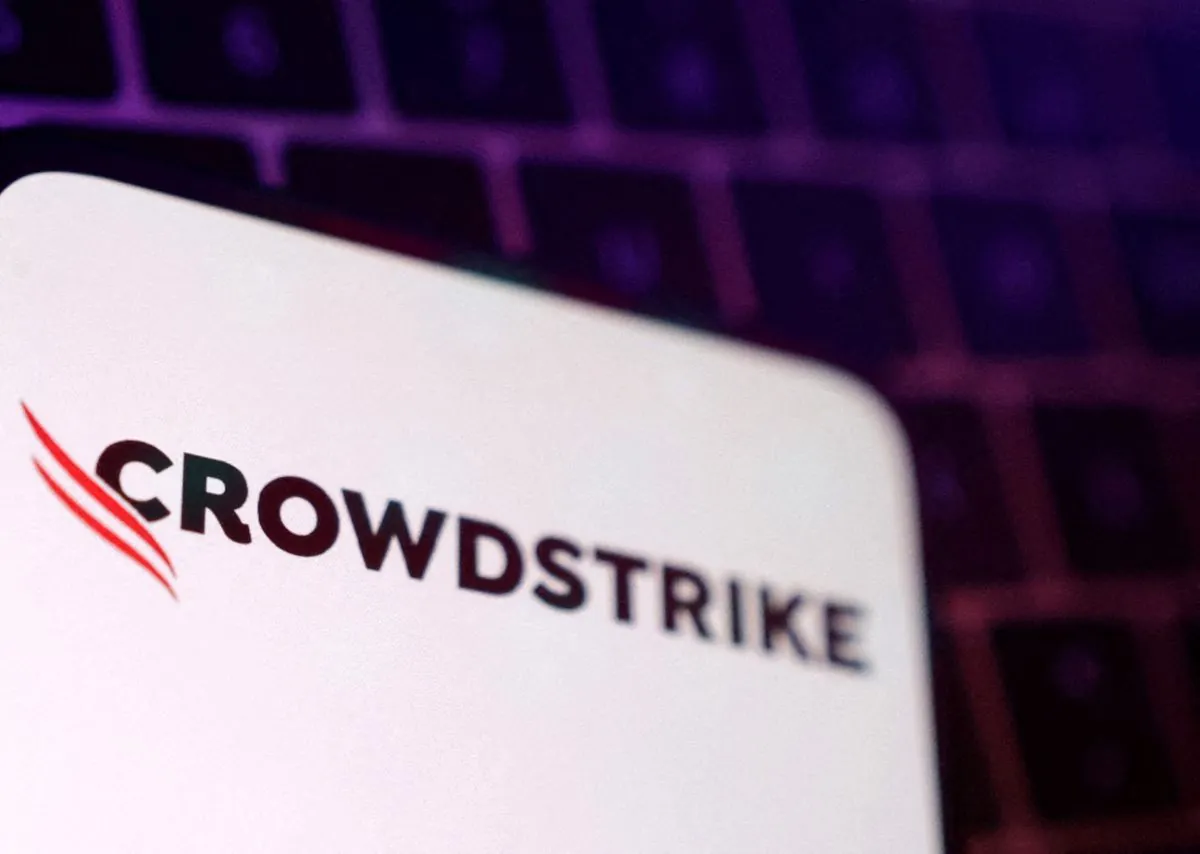CrowdStrike Faces Congressional Scrutiny Over Massive Tech Failure
CrowdStrike executive grilled by Congress over July tech failure affecting critical services. Incident sparks discussions on cybersecurity practices and software liability, with efforts underway to improve security approaches.

On September 24, 2024, a senior executive from CrowdStrike, a leading cybersecurity company, faced intense questioning from members of Congress regarding a catastrophic tech failure that occurred two months prior. The incident, which took place on July 19, 2024, resulted in widespread disruptions to critical services across the United States and beyond.
The House Homeland Security Committee, led by Chairman Mark Green, convened the hearing to address the ramifications of the failure and seek explanations from CrowdStrike. The company, founded in 2011 by George Kurtz, Dmitri Alperovitch, and Gregg Marston, has grown to become a major player in the cybersecurity industry, with its Falcon platform processing over 1 trillion events daily and being utilized by more than 50% of Fortune 500 companies.
Adam Meyers, Senior Vice President at CrowdStrike, represented the company at the hearing, offering apologies and providing insights into the technical missteps that led to the incident. The failure, described as a "Blue Screen of Death," affected over 8 million Windows devices running CrowdStrike's antivirus sensors, impacting 911 call centers, hospitals, and air travel.

The incident has raised questions about CrowdStrike's practices and the broader implications for cybersecurity. Former employees have criticized the company's approach, alleging that speed was prioritized over quality in software development. This criticism comes despite CrowdStrike's reputation as a leader in endpoint protection, recognized by Gartner Magic Quadrant.
The tech failure has had significant financial consequences for CrowdStrike, with estimated losses of $5.4 billion and a substantial decline in stock value. This setback follows a period of strong growth for the company, which saw its annual revenue exceed $1 billion for the first time in fiscal year 2022.
In response to the incident, efforts are underway to develop alternative security approaches that reduce systemic vulnerabilities. Microsoft, a key player in the tech industry, has initiated discussions with software architects, security companies, and regulators to explore new methods. David Weston, Microsoft's Vice President for Operating System Security, indicated that a test version of an alternative to kernel access could be available as early as March 2025.
The CrowdStrike incident has also reignited debates about software provider liability. Jen Easterly, Director of the Cybersecurity and Infrastructure Security Agency, has been engaging with lawmakers to discuss potential legislation that would allow lawsuits against software providers for gross negligence, while also providing safe harbor provisions for companies following best practices.
"Everywhere Americans turned, basic societal functions were unavailable. We cannot allow a mistake of this magnitude to happen again."
This event serves as a stark reminder of the interconnectedness of modern computer systems and the potential consequences of failures in critical infrastructure. As investigations continue and new security measures are developed, the incident is likely to have lasting impacts on the cybersecurity landscape and regulatory environment.


































